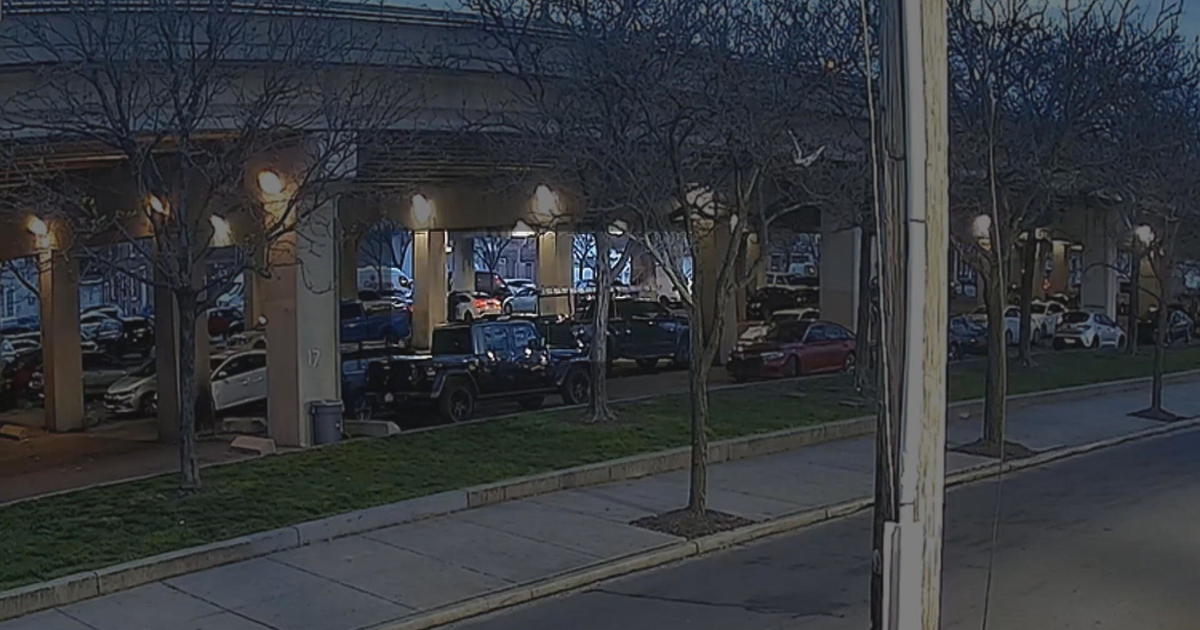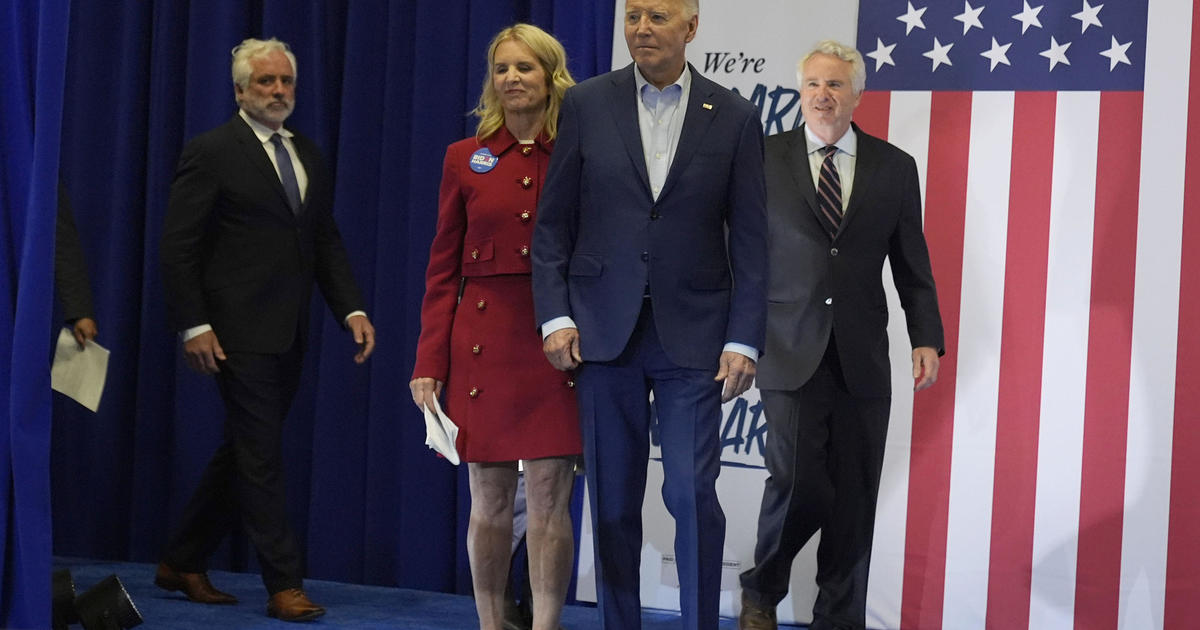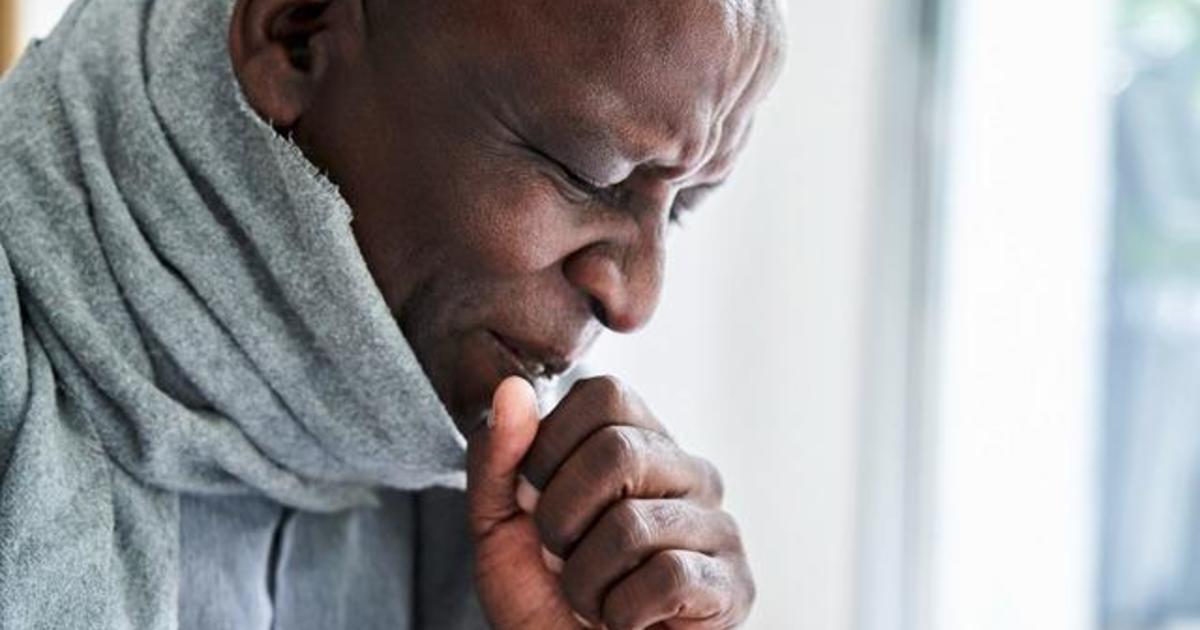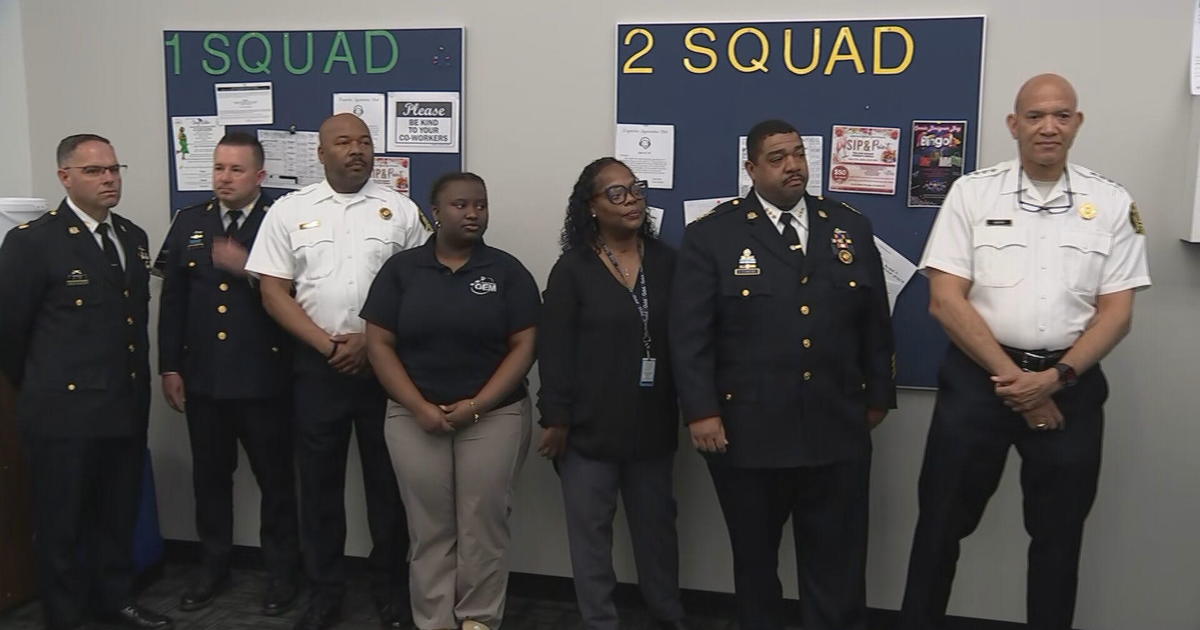'People Deserve To Know The Whole Truth': Local Politicians Sound Off On Mueller Report
PHILADELPHIA (CBS/AP) -- Local politicians are sounding off after the long-awaited Robert Mueller report was released to the public. The report revealed President Donald Trump tried to seize control of the Russia probe and force Mueller's removal to stop him from investigating potential obstruction of justice by the president.
CLICK HERE TO REAL THE FULL MUELLER REPORT
Sen. Cory Booker, D-N.J., a 2020 Democratic presidential candidate, said in a statement that Attorney General William Barr "undermined" the two-year long investigation.
"In 20 minutes this morning Barr undermined a two-year investigation by going out of his way to frame the evidence in a light most favorable to the President. Barr made clear this morning that he is more concerned about protecting the President than protecting the independence of the Special Counsel's investigation," said Booker in a statement. "His actions were what you would expect from President Trump's defense lawyer, not our nation's top law enforcement officer. Enough with the partisan spin – it's time Congress and the American people have the opportunity to view the report and hear from Mueller himself. Mueller should testify in front of the Senate's Judiciary Committee next month."
Sen. Bob Casey, D-Pa., said that the "American people deserve to know the whole truth."
"Despite the misinformation coming from President Trump, it's vital that the American people know that the unified assessment of our intelligence community in January 2017 stands. It said, 'We assess Russian President Vladimir Putin ordered an influence campaign in 2016 aimed at the U.S. presidential election. Russia's goals were to undermine public faith in the U.S. democratic process, denigrate Secretary Clinton and harm her electability and potential presidency. We further assess Putin and the Russian Government developed a clear preference for President-elect Trump," said Casey, adding that he will continue to press Barr to "release grand jury information and all the underlying evidence that is not protected due to intelligence concerns."
Sen. Chris Coons, D-Del., said Barr has "created more confusion rather than providing needed clarity and transparency."
"The information included in the Special Counsel's report that the President repeatedly attempted to interfere with the investigation, such as ordering the removal of Special Counsel Mueller, making false statements to the public, and encouraging others to lie or conceal evidence of the Trump campaign's contact with Russia, is alarming and shows definitively that President Trump's actions were, at the very least, completely inappropriate, and far below the standards we should expect from our leaders. It is clear why Special Counsel Mueller felt that he could not clear the President of obstruction of justice," said Coons.
On the other side of the aisle, Sen. Pat Toomey, R-Pa., said "all Americans should be pleased that the Special Counsel concluded there was no collusion between the Trump campaign and Russia."
"I am pleased that the report does not have any redactions based on executive privilege and that a version of the report with all redactions removed, except those relating to grand jury information, will be made available to a bipartisan group of lawmakers. I appreciate Attorney General Barr agreeing to testify before Congress in public next month to discuss the report," said Toomey.
In the report, Mueller laid out multiple episodes in which Trump directed people around him to try to influence or curtail the Russia investigation after the special counsel's appointment in May 2017. Those efforts "were mostly unsuccessful, but that is largely because the persons who surrounded the President declined to carry out orders or accede to his requests," Mueller wrote.
After nearly two years, the two-volume, 448-page redacted report made for riveting reading.
In one particularly dramatic moment, Mueller reported that Trump was so agitated at the special counsel's appointment on May 17, 2017, that he slumped back in his chair and declared: "Oh my God. This is terrible. This is the end of my presidency. I'm f---ed."
In June of that year, Mueller wrote, Trump directed White House Counsel Don McGahn to call Deputy Attorney General Rod Rosenstein, who oversaw the probe, and say that Mueller must be ousted because he had conflicts of interest. McGahn refused -- deciding he would rather resign than trigger a potential crisis akin to the Saturday Night Massacre of Watergate firings fame.
Two days later, the president made another attempt to alter the course of the investigation, meeting with former campaign manager Corey Lewandowski and dictating a message for him to relay to then-Attorney General Jeff Sessions. The message: Sessions would publicly call the investigation "very unfair" to the president and say that Mueller should limit his probe to "investigating election meddling for future elections." Sessions didn't do so.
Flash forward to Thursday, and Trump celebrated the report's release, telling the audience at an unrelated White House event that he was having "a good day, too. It was called no collusion, no obstruction." He also renewed his calls for an investigation into the origins of the inquiry, saying, "We do have to get to the bottom of these things, I will say."
The Justice Department posted a redacted version of the report online, 90 minutes after Barr offered his own final assessment of the findings.
The release represented a moment of closure nearly two years in the making and at the same time the starting bell for a new round of partisan warfare.
Democrats cried foul as Barr held a press conference just before the release -- "spinning the report" in the words of Senate Minority Leader Chuck Schumer. They sent up a chorus of calls for Mueller himself to testify before Congress, and Barr said he wouldn't object.
Moments after Barr finished speaking, House Judiciary Chairman Nadler sent a letter requesting that Mueller himself testify before his panel "no later than May 23."
Mueller evaluated 10 episodes for possible obstruction of justice, and said he could not conclusively determine that Trump had committed criminal obstruction. The episodes included Trump's firing of FBI Director James Comey, the president's directive to subordinates to have Mueller fired and efforts to encourage witnesses not to cooperate.
The president's lawyers have said Trump's conduct fell within his constitutional powers, but Mueller's team deemed the episodes deserving of criminal scrutiny.
As for the question of whether the Trump campaign had colluded with Russia during the 2016 presidential campaign, Mueller wrote, "While the investigation identified numerous links between individuals with ties to the Russian government and individuals associated with the Trump Campaign, the evidence was not sufficient to support criminal charges."
Mueller also said there wasn't sufficient evidence to charge any campaign official with working as an unregistered foreign agent of Russia.
The report included an appendix that contained 12 pages of Trump's written responses to the special counsel. They included no questions about obstruction of justice, as was part of an agreement with Trump's legal team.
Trump told Mueller he had "no recollection" of learning in advance about the much-scrutinized Trump Tower meeting between campaign officials and a Russian lawyer. He also said he had no recollection of knowledge about emails setting up the meeting that promised dirt on Hillary Clinton's campaign.
He broadly denied knowing of any foreign government trying to help his campaign, including the Russian government. He said he was aware of some reports that Russian President Vladimir Putin had made "complimentary statements" about him.
Trump said that his comment during a 2016 political rally asking Russian hackers to help find emails scrubbed from Clinton's private server was made "in jest and sarcastically" and that he did not recall being told during the campaign of any Russian effort to infiltrate or hack computer systems.
Mueller's team wrote that Trump's answers were "inadequate." They considered issuing a subpoena for Trump, but decided against it after weighing the likelihood of a long legal battle.
(© Copyright 2019 CBS Broadcasting Inc. All Rights Reserved. The Associated Press contributed to this report.)



